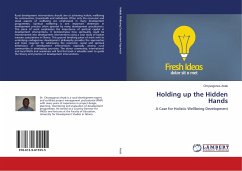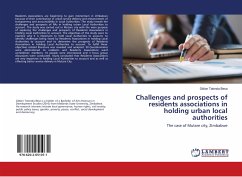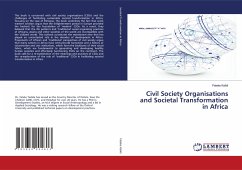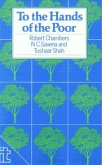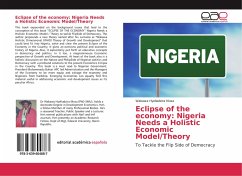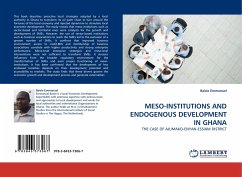Rural development interventions should aim at achieving holistic wellbeing for communities, households and individuals. Often only the economic and social aspects of wellbeing are emphasized in many development programmes. Spiritual wellbeing is one important dimension in development practice often ignored by many development practitioners. This piece of work emphasizes the importance of spiritual capital in development interventions. It demonstrates how spirituality could be mainstreamed into development interventions using a case study of basket weavers associations in Ghana. This ground breaking piece of work with its underlying endogenous development philosophy provides the approaches and tools required for addressing the economic, social and spiritual dimensions of development interventions especially among rural communities in developing countries. The donor community, international and local NGOs and academics will find this book a valuable asset to guide the theory and practice of development interventions.
Bitte wählen Sie Ihr Anliegen aus.
Rechnungen
Retourenschein anfordern
Bestellstatus
Storno

